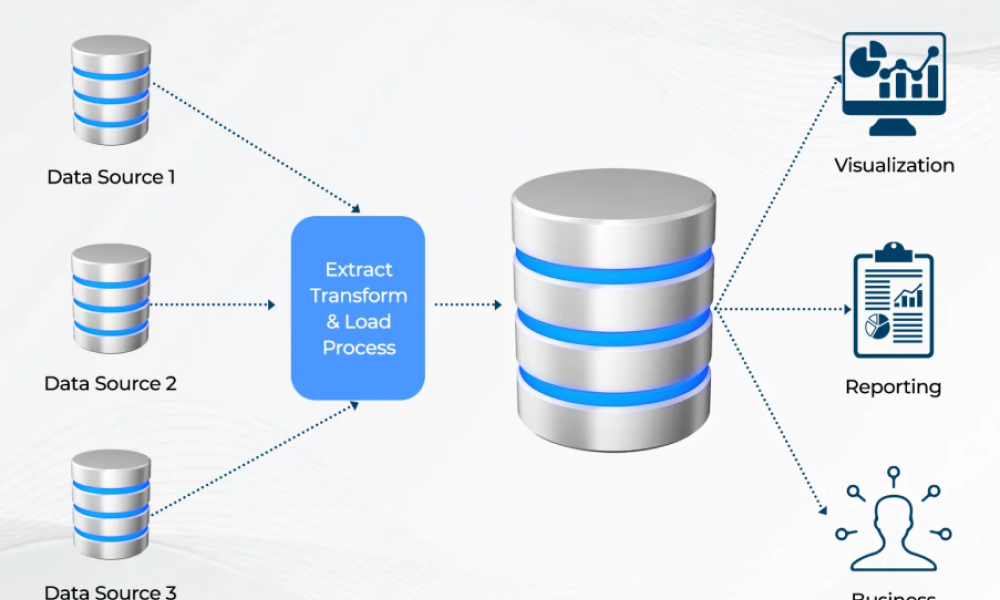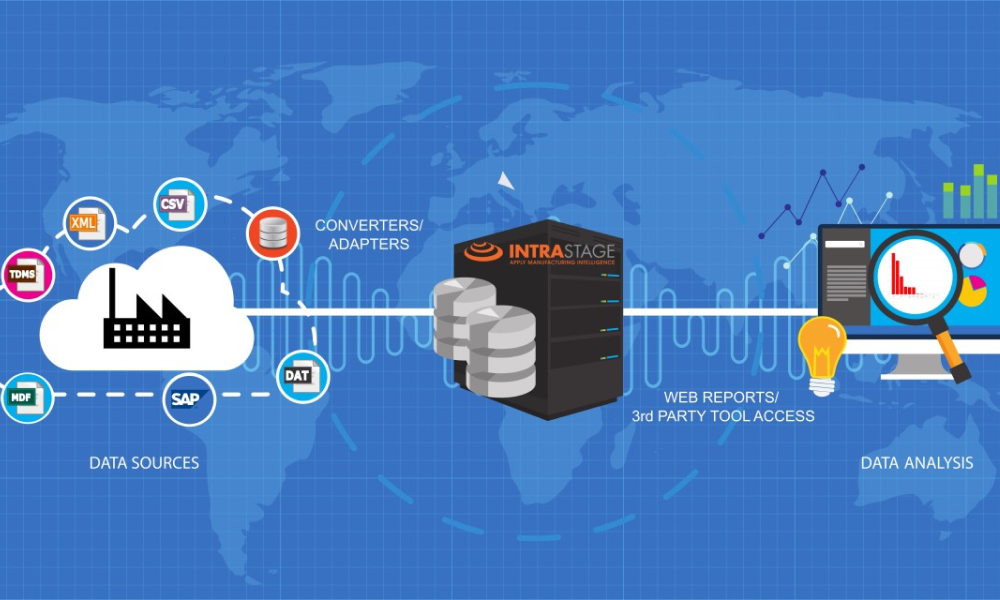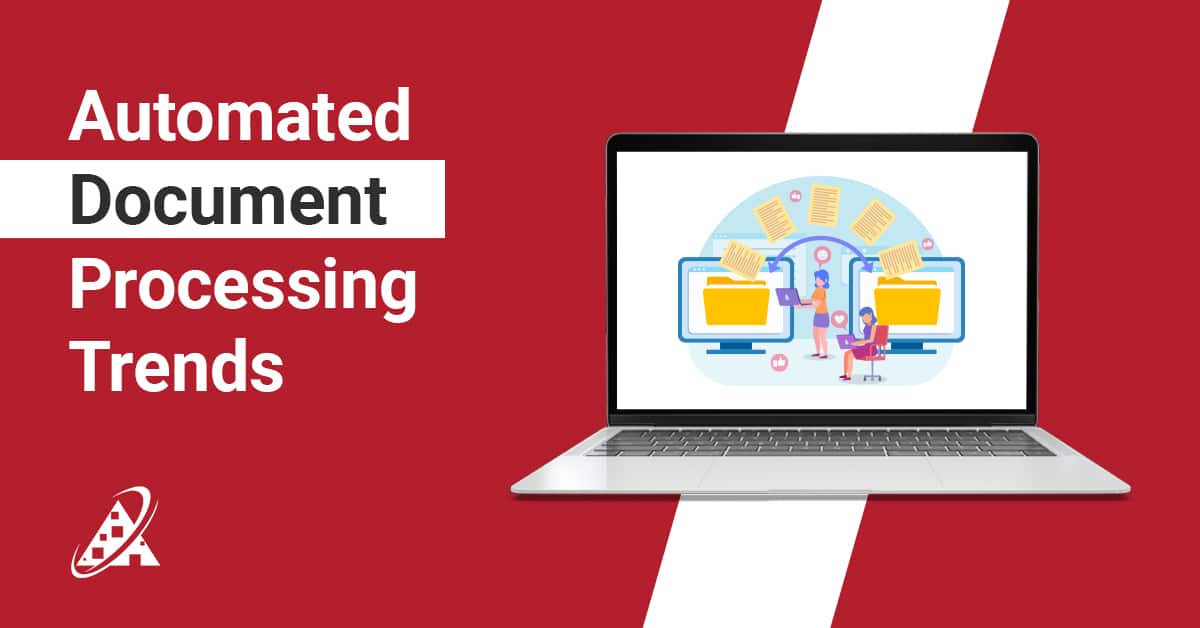Mastering Data Integration: The Role of Data Warehouses in Today’s Analytics
Data warehouses offer many benefits that businesses of all sizes need to acknowledge in today’s data-driven business situation. Indeed, data warehouse benefits are becoming more fundamental and apparent than ever as we steer into an ever more complicated digital environment. Businesses, from start-ups to large companies, are employing these effective technologies to spur revolution, streamline procedures, and acquire a competitive edge.
The top 10 data warehouse benefits will be covered in detail in this post, along with the reasons why creating one is now a need rather than an option for businesses hoping to thrive in the modern open market. We will also discuss the significance of implementing this technology and present Awesome Technologies, a ground-breaking platform provider that authorizes data warehousing for businesses of all sizes and types!
History of Data Warehouses
Data warehouses have been around since the early 1980s. A remarkable deal of redundancy was used in early data warehouses. They were predominantly used for decision support systems (DSS), company intelligence, and data analysis. Organizations once had to supervise numerous DSS environments serving many user requirements.
Users still must go through the cleaning, gathering, and incorporation procedures for every environment even when several DSS systems share the same data. Data warehouses arose as information stores and have progressed into thorough analytics infrastructures that support operational analytics and performance supervision since their establishment.

Data Warehouse In Essence
A devoted system for efficiently storing, retrieving, and evaluating large amounts of data is a data warehouse. It assists as a dominant repository for information gathered, cleansed, and arranged from many sources to accelerate analytical, reporting, and business intelligence (BI) tasks. A data warehouse is profoundly a fundamental element of an organization’s data architecture, offering a strong footing for strategic business research and data-driven decision-making.
In today’s data-determined world, successful data management and analysis are more vital than ever for companies to develop and preserve a competitive advantage. These are the vital data warehouse benefits. Organizations face the tricky task of gathering, coordinating, and managing substantial insights from considerable amounts of data while it grows noticeably. For this reason, data warehousing has become a feasible replacement.

Practical Implications in Various Industries
- Retail
An excellent example is a retail data mart, which combines customer information from websites, feedback cards, mailing lists, and cash registers.
- Medical
Central data stores are employed in the healthcare industry to stockpile patient data from several medical departments. This would consist of private patient data, hospital financial activities, and insurance specifics.
- Construction
In a similar vein, firms participating in construction want information on every purchase made while building. To establish the source of this purchase, financial concerns must be made. This also relates to contract employees’ salaries.
- Finance
Precise data is always essential for financial associations such as banks, insurance providers, trading corporations, and others. Adequate links to other database tables and adequate data validation in databases make this possible.
Top 10 Benefits of Data Warehouse & Why You Need It Now
Unlock Capabilities Driven By Data
Benefits of data warehousing for business can provide access and help to investigate immense volumes of data from several sources. Businesses can obtain insights into their operations and customers that would not be possible with conventional ways by incorporating data and leveraging the pooled strength of several data sources.
By merging all electronic data into a single, significant repository, data warehouses promise that private information is kept safe and not available to illicit entities. Companies can leverage the information acquired to elaborate data-driven tactics that will enhance operations, raise productivity, and grant them a competitive edge.
Assure Consistency And Quality Of Data
The aim of a data warehouse is to guarantee the best feasible quality of data by cleaning, filtering, and transforming information via ETL and other methods. This guarantees that the information is renewed on trends and steady with data from all sources. Businesses can make better decisions by realizing how their operations are functioning in real time.
Companies can guarantee sufficient data quality by using data warehouses to filter out data abnormalities, such as inaccurate address or payment information. Furthermore, it helps organizations to observe how data changes over time and recognize tendencies that could help them make better decisions.
Make Use Of Data From Many Sources
Businesses can gain insights from both internal and external sources by merging data from several sources using data warehouses. Companies can make more informed decisions by using this mixture of data to gain a deeper understanding of their strategies, clients, and market conditions.
Data warehouses help businesses conform with regulations like the General Data Protection Regulation (GDPR) by making sure that all data is securely kept and that only permitted users may retrieve notable data resources.

Acknowledge Automation’s Power
Etl and data warehousing are the automated solutions which can reduce the need for human data entry while strengthening the accuracy of online analytical administration. Organizations can save time and money by restructuring their reporting procedures with the help of automation tools. When working with large datasets or in aggregation with AI technologies like machine learning and predictive analytics, automation is tremendously beneficial.
Data warehouse automation may help businesses in making intelligent and more informed decisions by excluding manual processes and providing real-time awareness into operations. Businesses can instantly access vast volumes of data and obtain significant insights.
Adapt To The Expansion Of Businesses
Organizations have an expanding amount of data to gauge as they get bigger. With the data warehouse benefits, businesses can expand and handle large datasets while sustaining the accuracy and quality of their data. This ensures that businesses may obtain significant insights even as their operations develop.
Long-term growth initiatives like predictive analytics and AI-powered operations are also gathered in data warehouses. Companies can create a consolidated repository to assure that their data is secure and available when needed. Growth initiatives may be instantly started and altered, leading to more informed choices.
Find Out More About Your Clientele
A data warehouse gives businesses an all-encompassing view of their clientele. By doing this, companies can gain knowledge about the inclinations and purchasing patterns of their customers, which helps them better target their marketing campaigns. With this data, businesses may streamline their offers to their customers’ requirements while generating more profits.
Businesses can also track customer care collaborations with data warehouses to enhance support. By keeping an eye on conversations and recognizing patterns, organizations may enhance service quality and respond to customer needs more rapidly.
Protect Your Data
The benefits of data warehousing for business help businesses shield the privacy and security of their data. Organizations have control over who can access their data and can avoid unlawful access by integrating the storage of that data in a protected repository. This helps businesses to abide by industry regulations concerning online transaction administering and safe data keeping.
In the event of a crisis, data warehouses also help organizations regain data hurriedly, cutting down on interruption and preventing large losses. Companies can guarantee that they can approach information even in an emergency by strongly backing up their data.
Examine Past Summaries
Businesses can obtain treasured insights into their past activities with the assistance of data warehouses. Based on historical data, businesses can conclude and alter their strategies. They also help organizations gauge how long-term transformations in the competitive landscape and industry trends will impact their business operations.
Data warehouses can also be used by businesses to inspect their operations and recognize any flaws or prospective areas for improvement. This permits them to identify risks and assure faithfulness to regulations.

Compatibility Of Cloud-Based And Physical Technologies
Executives in the business world are implementing the cloud because they understand how handy it is to store data online instead of depending exclusively on hardware at company headquarters. Several data warehouses in use today are completely cloud-based.
One of the benefits of data warehousing for business can help to operate effectively irrespective of an organization’s current infrastructure and data storage procedures. Because of this, a firm may find a data warehousing solution more convenient that matches its requirements, no matter where it is in its cloud usage journey.
Quicker and More Effective Data Recovery
Indexing techniques are used by data warehouses to instantly approach data by organizing and arranging it. Building indexes on prominent columns is the means of indexing, which makes it promising for the database to find and recover data more effectively.
Data warehouses use procedures like compression and columnar storage to boost data storage. By gaining access to only the relevant columns from columnar storage, inquiries can be accomplished more instantly because the data is structured column-wise.

Data Warehouses – The Future Of Data Storage
Data warehouses are becoming a critical part of every organization’s IT architecture as decision-making within those organizations becomes more and more dependent on data. Businesses may store and handle massive datasets securely and essentially by using data warehouses as their operations strengthen. Alongside the benefits of data warehousing, the companies can have a widespread understanding of their clientele that allows them to alter their offerings and boost customer support.
Furthermore, data warehouses let businesses gain intuitive knowledge about their operations while preserving the privacy of their data. A data warehouse is the finest way to promise long-term growth and productivity because of all its profits. These solutions are predicted to become increasingly more common as companies look for ways to advance their data and achieve a competitive edge.
Optimizing Data Warehousing By Employing A Robust Provider
Hiring a data warehouse services provider means collaborating with an expert company to design, implement, and supervise a data warehouse system that is adapted to your company’s needs. Their skills could be used by you to develop a strong and successful data management system that would improve your capacity to make data-driven decisions and drive business success.

The procedure of building a corporate data warehouse can be made minimal if you’d like, with support from a professional company. Make the most of this operational tool and get started establishing an agile data environment right away. Get in touch with Awesome Tech Inc to find out more about the effective data warehousing solutions.
To Conclude
Using a data warehouse is now compulsory in today’s data-driven environment; it is no longer an alternative. Stronger data protection, improved customer insights, and augmented decision-making and business operations are just a few of the many and significant advantages. Consolidating your data gives you access to effective tools for reporting, analytics, and strategic planning—all of which can further and improve the efficacy of your company.
Although putting in place a data warehouse may seem like a big investment, the long-term benefits must outweigh the upfront costs. Having a robust and efficient system in place to manage and assess the infinite amounts of data that businesses continue to produce can help you stand out from the competition and position your company for long standing victory!











